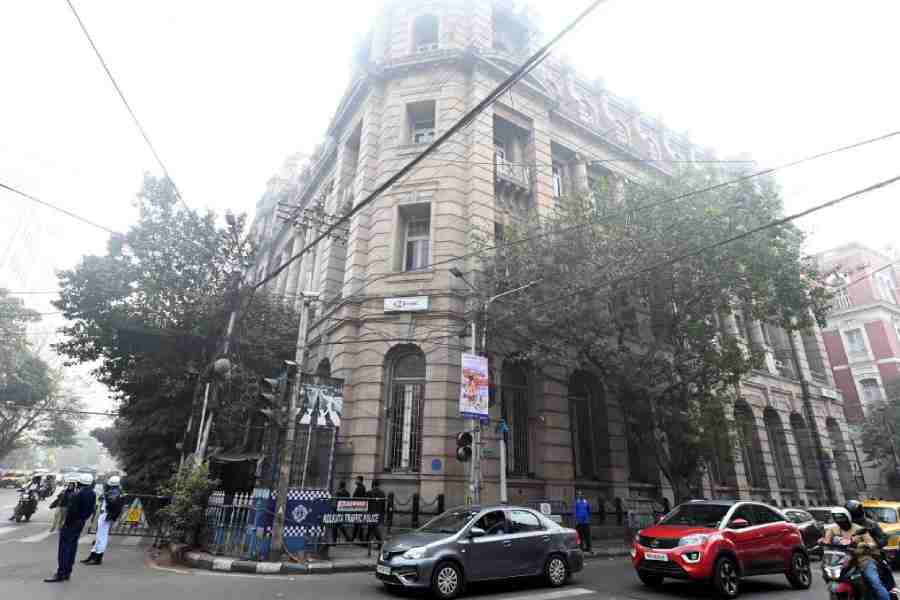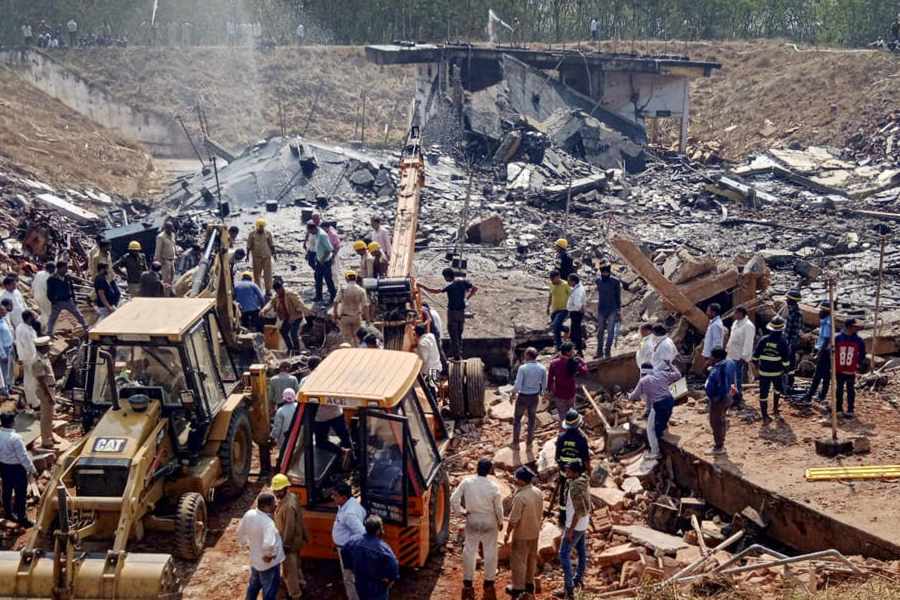Recently, hundreds of Indian men queued up in Haryana’s Rohtak to enrol for jobs in Israel. They were responding to a promise that was alluring on the surface — for them, for Israel, and for New Delhi’s relations with Tel Aviv. But the promise carries perils that India needs to weigh carefully.
Shortly after October 7, when Hamas fighters attacked southern Israel, killing nearly 1,200 people and abducting 240 others, Tel Aviv suspended the work permits of tens of thousands of Palestinians from Gaza and the West Bank who worked in Israel. For years, Palestinians have worked in construction, agriculture and service sector industries in Israel, providing crucial manpower to a country that has been in illegal occupation of parts that the United Nations believes should belong to a Palestinian State. Without Palestinian workers, the Israeli economy — suffering because of the war it has waged on Gaza — will be hurting even more.
India has its own challenges with providing jobs to its ever-burgeoning workforce. For all the claims of an upcoming $5 trillion GDP, the Indian economy suffers from an 8% unemployment rate. An estimated 18,000 Indians are already working in Israel, most of them as caregivers. In May last year, New Delhi and Tel Aviv inked a deal for the supply of Indian workers to Israel.
So when Israeli industries started hunting for cheap labour after the suspension of Palestinian work permits and sought Indian workers, Haryana and Uttar Pradesh each advertised 10,000 jobs in Israel. Desperate for work, Indian carpenters and ironworkers showed up and signed up.
It’s simple demand and supply, right? What could go wrong?
Plenty, unfortunately.
Unlike caregiving, a sector where India has established itself as a leader in providing skilled manpower, the construction sector is dominated by low-skill workers who are among the most vulnerable members of the labour force in India — even more so when they work abroad. While an ageing society like Israel will need nurses whether in war or peace and irrespective of how the economy is doing, the construction sector goes through frequent boom and bust cycles. Immigrant workers thus need to look for opportunities in other countries or return home.
But while Indian construction workers can — and do — move from building skyscrapers in Doha to condos in Riyadh without too much hassle, an Israeli visa stamp on their passports isn’t likely to open doors for them in many other Middle Eastern nations. It’ll only hurt them in the region’s labour markets if they are seen as having taken up jobs previously held by Palestinians in Israel.
At some point, the war in Gaza will end. It is unclear whether and when Israel will revive Palestinian work permits. If it does, what happens to the Indian workers? And if Israel permanently seeks to replace Palestinians with Indian workers, would New Delhi be comfortable with an arrangement that would deepen economic discrimination against a population whose own economy has been strangled by occupation and a siege? Has India calculated the potential complications this might cause in its already strained relationship with the Palestinian Authority in recent years as New Delhi has embraced Tel Aviv? And what if the Indian workers get sucked into the conflict as victims, like dozens of foreign workers in Israel did on October 7?
The Indian government cannot bar workers from going to any country in the hope of better opportunities. But in the past, India has actively cautioned workers against going to active conflict zones. This time around, concerns of security are compounded by the complex geopolitics of the Israel-Palestine conflict and India’s difficult balancing act over it.
New Delhi should set up a mechanism with Israel for the economic and physical security of its workers. It should have a plan in place when questions arise over the future of Indian workers in Israel. Wartime opportunism is no substitute for thought-through diplomacy.
Charu Sudan Kasturi is a senior journalist who writes on foreign policy and international relations











